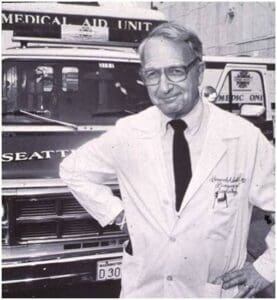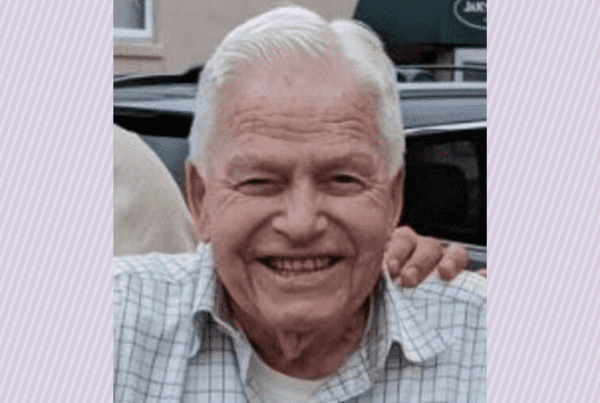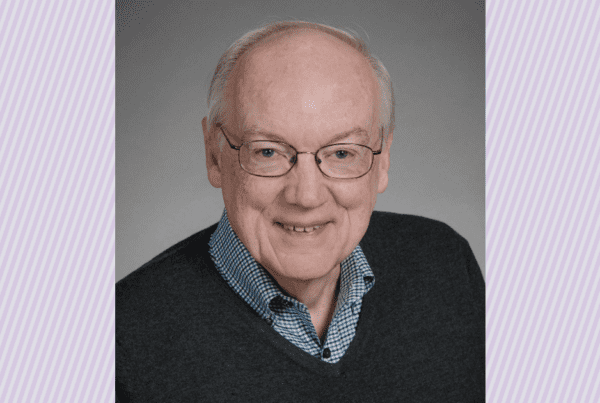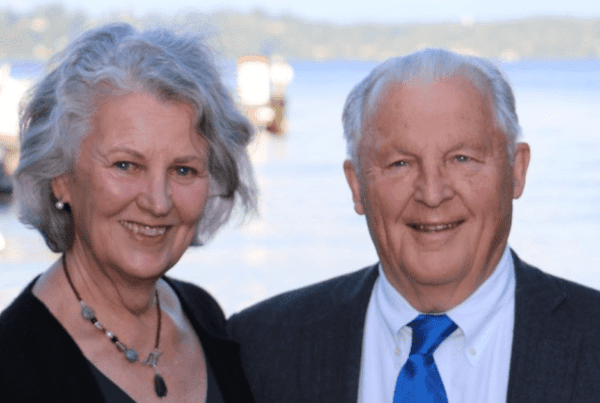Leonard Cobb, MD, a co-founder of the Seattle Medic One paramedic program and professor of medicine at the UW School of Medicine, passed away on Feb. 14, 2023, at the age of 96. He was a luminary in the field of prehospital care of people with cardiac disease.
A pioneer in prehospital care
In 1968, Cobb was chief of cardiology at Harborview Medical Center. Taking note of the work being done in Europe to increase the survival of cardiac patients outside of hospitals, Cobb began talks with Seattle Fire Department Chief Gordon Vickery about whether firefighters could learn essential clinical skills and apply them on the job to save people who were experiencing life-threatening cardiac events.
These conversations led to the creation in 1970 of the Seattle Fire Department’s Medic One unit, one of the nation’s first paramedic programs to provide physician-level assistance to people outside the hospital. The first class of 15 firefighters were trained at Harborview to provide CPR, use a defibrillator and give intravenous medications to stabilize patients for transport to the hospital.
Dr. Cobb “was willing to consider innovative approaches to delivering lifesaving therapy inside people’s homes,” says Michael Sayre, MD, professor of emergency medicine at the UW School of Medicine and medical director for the Seattle Fire Department.
“From the very first patient, Dr. Cobb sought to review what went well and what might be done better the next time. His humility and sharp assessment encouraged others to believe in his vision. I am grateful to have known and learned from him,” says Sayre.

Cobb at Harborview Medical Center
A lasting impact
In 1971, Cobb, Vickery and Seattle Rotary No. 4 launched Seattle Medic Two to train community members in CPR. In a 2020 interview, Cobb said, “This was perhaps our most important contribution” to establishing Seattle as a leader in out-of-hospital resuscitation.
Seattle Fire’s Medic Two program has trained more than 1 million people in CPR, and the Paramedic Training Program — still hosted by Harborview with the UW School of Medicine — has trained more than 800 paramedics since 1969.
Cobb also successfully advocated for the deployment, in 1984, of automatic external defibrillators (AEDs) for use by emergency medical technicians. In 2008, he helped create the Resuscitation Academy, a Seattle organization that helps communities develop and implement emergency medical plans to deliver CPR.
“Dr. Cobb was a pioneer in the development of prehospital systems of care. His research, focused on sudden cardiac arrest, has saved thousands of lives and his focus on continuous quality improvement helped establish a system of care that is emulated around the world,” says Eileen Bulger, MD, chief of surgery at Harborview Medical Center.
His efforts to enhance prehospital care have helped improve outcomes for people experiencing life-threatening cardiac events outside the hospital.
Editor’s Note: Originally posted on the UW Medicine Newsroom.


